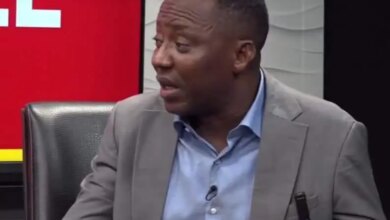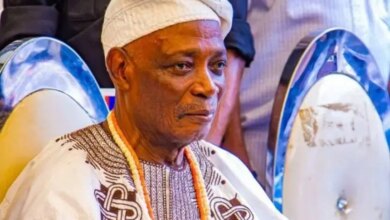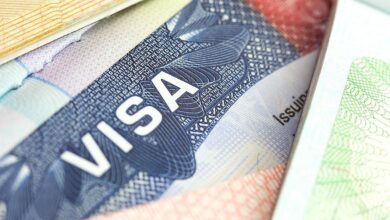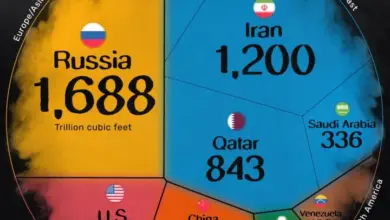Is South Africa trying to muzzle the Lion of Limpopo?
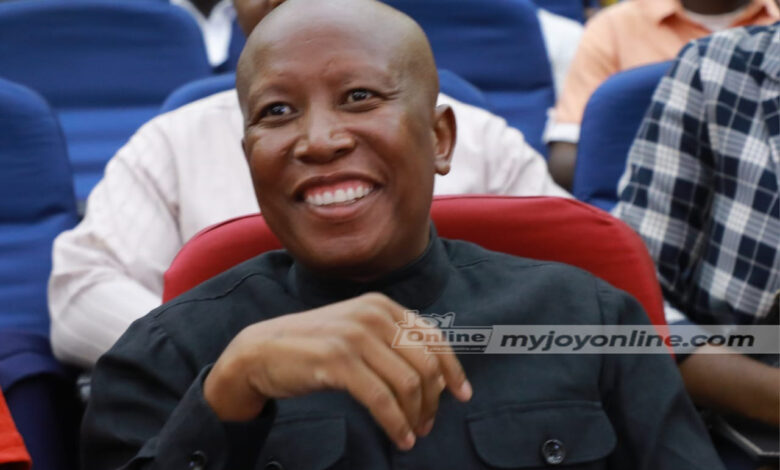
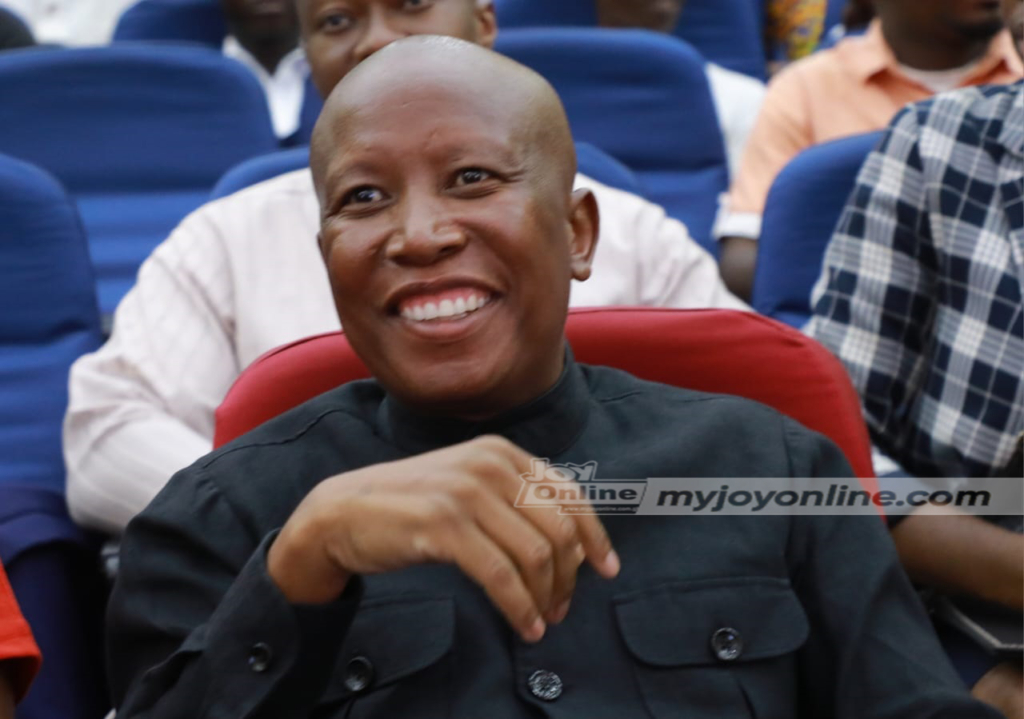
“When the Drumbeat of Truth Gets Too Loud, Power Tries to Silence the Drummer”
In South Africa, that drummer is Julius Malema, a firebrand leader whose bold calls for justice, equality, and land reform have now landed him in the crosshairs of the law. But is this truly about justice, or is the system trying to silence the rhythm of revolution?
On 1st October, 2025, the East London Magistrates’ Court delivered a guilty verdict against Economic Freedom Fighters (EFF) leader, Julius Malema, for multiple firearm-related charges. These stemmed from a 2018 incident during an EFF rally in Mdantsane where Malema was filmed firing a semi-automatic rifle into the air in front of thousands of supporters. Despite the political and legal storm surrounding him, Malema remains defiant, supported by thousands across South Africa and the continent who believe his conviction is more about silencing his revolutionary voice than justice.
The court found Malema guilty of five charges: unlawful possession of a firearm, unlawful possession of ammunition, discharging a firearm in a built-up area, reckless endangerment, and failure to take reasonable precautions. The charges fall under South Africa’s Firearms Control Act, which carries a minimum sentence of 15 years in prison. His co-accused, Adrian Snyman, was acquitted.
Malema’s legal team has vowed to appeal, and the matter has been adjourned to 23rd January 2026 for pre-sentencing proceedings. Malema, unfazed, told supporters outside the court: “Going to prison or death is a badge of honour… We will never retreat.”
For many ordinary South Africans and fellow Africans, this is yet another example of a system intent on suppressing a leader who speaks uncomfortable truths to power.
Julius Malema has long been a controversial figure in South African politics. Yet, beyond the fiery rhetoric and dramatic public moments, there is a consistent thread in his political career: unwavering advocacy for African unity, economic justice, and land redistribution. His call for land expropriation without compensation is not a call to sow division, but a call for correcting historical injustice.
Malema has also been one of the few political leaders to take a firm stand against xenophobia in South Africa. While many remained silent or evasive during outbreaks of violence against fellow African migrants, Malema publicly condemned the attacks and reaffirmed that “no African is a foreigner in Africa.” These are not the words of a criminal, but of a pan-Africanist committed to the upliftment of the continent.
His political persecution is not a new phenomenon in Africa’s post-colonial landscape. Throughout history, those who fight for the oppressed, be it Kwame Nkrumah, Patrice Lumumba, Thomas Sankara, or Steve Biko, have often found themselves vilified, criminalised, or eliminated. Malema’s legal battles, including this latest conviction, are viewed by many as part of a larger agenda to dismantle a rising leader who challenges the status quo and threatens entrenched interests.
Let us not forget: Julius Malema is no ordinary politician. He is a son of the soil who rose from humble beginnings in Limpopo to become a national force, now recognised across Africa and globally. He has given a voice to the voiceless, hope to the marginalised, and pride to a generation of young Africans yearning for justice.
His courage and consistency make him a leader many believe is destined for even higher office, including the Presidency of South Africa. His critics say he is radical and dangerous. But what is dangerous about wanting land for the landless? What is radical about wanting wealth shared more equitably? What is criminal about defending fellow Africans from hate and violence?
The verdict against Malema may be the state’s attempt to weaken him, but it is unlikely to break him. If anything, it has only strengthened the resolve of his supporters and widened his base across Africa. He is not alone. From Cape Town to Cairo all the way to Abuja and Accra, Africans who believe in justice, equality, and unity stand in solidarity with Julius Malema.
Malema must stand tall, and he must never give up. He is not fighting for himself, he is fighting for generations yet to come. Every good man, every revolutionary, faces trials. But as history has shown us, you can imprison the man, but you can never imprison the idea.
Julius Malema remains a vital asset not only to South Africa but to the entire African continent. In this defining moment, Africans must rally behind him and not just for his sake, but for the sake of a future built on freedom, fairness, and dignity for all.
The fire of a true Revolutionary doesn’t die in the dark, it spreads.
If the aim was to extinguish Malema’s influence, it has backfired. This judgment has only poured fuel on the fire of resistance, and his supporters are more determined than ever.
The Gavel has fallen, but the struggle marches on.
This may be a courtroom decision, but for Malema and his movement, the real verdict lies in the hearts of millions who still believe in the cause he champions.
DISCLAIMER: The Views, Comments, Opinions, Contributions and Statements made by Readers and Contributors on this platform do not necessarily represent the views or policy of Multimedia Group Limited.
DISCLAIMER: The Views, Comments, Opinions, Contributions and Statements made by Readers and Contributors on this platform do not necessarily represent the views or policy of Multimedia Group Limited.
Source link

